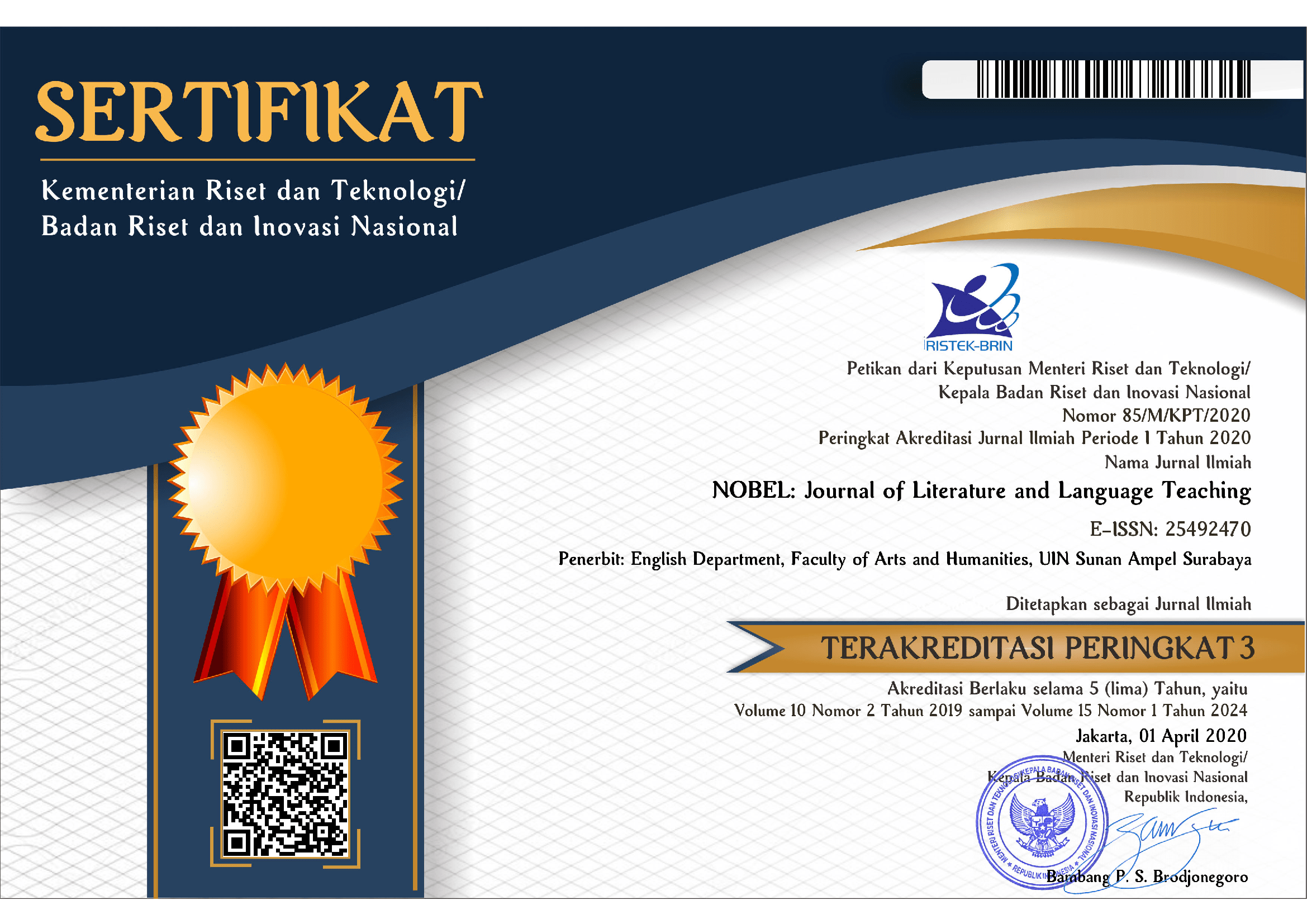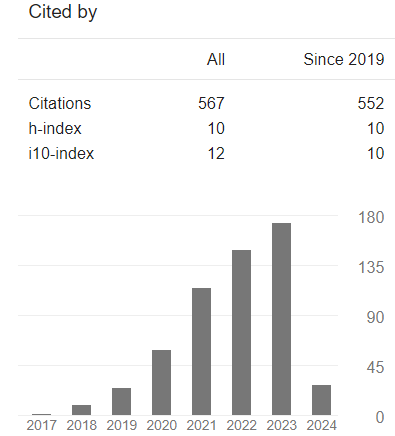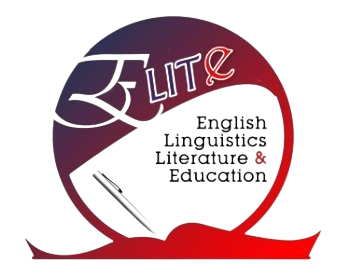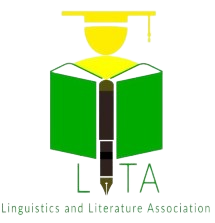Teachers' Beliefs Regarding Language Learner Autonomy and Practices of Project-Based Education: A Case Study of An Indonesian EFL Teacher
DOI:
https://doi.org/10.15642/NOBEL.2017.8.2.141-149Keywords:
EFL; language learner autonomy; project-based educationAbstract
Language learner autonomy can be defined as learning outside the classroom in which learners direct their own learning independently of teachers.One of the approaches supports learner autonomy is the project-based education. The project that the Indonesian EFL teacher (the participant of this study) assigned to her English class was an English drama performance. In the end of the course, her students had to perform the play. This project required active engagement of students' efforts over an extended period of time. This paper reveals the beliefs of the EFL teacher about learner autonomy. In addition, this study investigates the practices that the teacher used in enhancing autonomy. The findings are based on an analysis and interpretation of the data gathered from questionnaires and interviews. The results reveal the teacher's beliefs and suggest that preparing activities that promote language learner autonomy is essential for English teachers.
Downloads
References
Benson, P. (2006). Autonomy in language teaching and learning. Language Teaching, 40(1),
21-40.
Borg, S., Al-busaidi, S., & Centre, T. L. (n.d.).(2012).Learner Autonomy : English Language Teachers ’ Beliefs and Practices Learner Autonomy : English Language Teachers ’ Beliefs and Practices.
Camilleri Grima, A. (2007). Pedagogy for autonomy, teachers’ attitudes and institutional change: A case study. In M. Jimenez Raya & L. Sercu (Eds.), Challenges in teacher development: Learner autonomy and intercultural competence. (pp. 81-102). Frankurt: Peter Lang.
Harmer, Jeremy. (2001). The Practice of English Language Teaching. Essex: Longman.
Joshi, K. R. (2011). Learner Perceptions and Teacher Beliefs about Learner Autonomyin Language Learning, 16 (1).
Lengkanawati, N. S. (2017). Learner autonomy in the Indonesian efl settings, 222–231.
Little, D. (1991). Learner autonomy: Definitions, issues and problems. Dublin: Authentik.
Nga, N. T. (2014). Learner Autonomy in Language Learning: Teachers' Beliefs.
Salimi, A. (2015). Learner Autonomy : Investigating Iranian English Teachers' Beliefs,5(5), 1106–1115.
Palfreyman, D. (2003). Introduction: Culture and learner autonomy. In D. Palfreyman & R. C. Smith (Eds.), Learner autonomy across cultures: Language education perspectives (pp. 1-19). Basingstoke: Palgrave Macmillan.
Sinclair, B., McGrath, I., & Lamb, T. (Eds.). (2000). Learner autonomy, teacher autonomy: Future directions. Harlow: Longman.
Xu, L. (2012). The Role of Teacher s ‘ Beliefs in the Language Teaching-learning Process,2(7), 1397–1402. https://doi.org/10.4304/tpls.2.7.1397-1402







